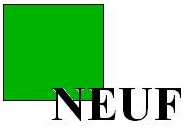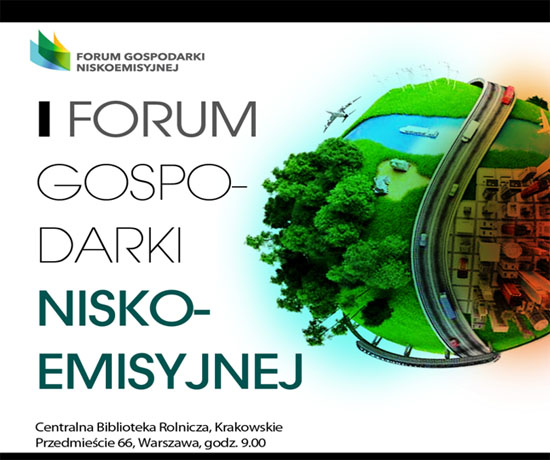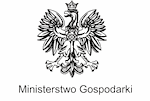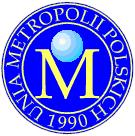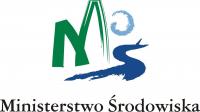13th International NEUF Conference - New Energy User Friendly
4 July 2017 r., Warszawski Dom Technika NOT [headquarters of the NOT Engineering Federation], Room B, ul. Czackiego 3/5, Warsaw
10:30 - 15:30, registration starts at 09:30
The Conference Patrons: the Ministry of Energy, the Ministry of the Environment, the Secretariat for the Mining and Power Industry of the Solidarność trade union
Poland, whose energy sector is primarily based on coal, is facing a truly difficult challenge of determining its future energy mix. No other Member State of the European Union has such a big dilemma. Moreover, the condition of the Polish power generation infrastructure requires urgent large-scale investments in order to maintain energy security of the country. To make appropriate decisions regarding such investments, already today a clear vision of Poland’s energy mix for the years 2025, 2030, 2040 and 2050 is needed. The same applies to the share of distributed generation, desired for Poland. Therefore, decisions in this area should not be postponed.
A very important factor influencing our energy mix is, and will continue to be, the European Union's energy and climate policy. It strongly requires switching to low-emission sources of energy. It would be desirable, however, to make our decisions based not on the EU demands, but on our own analyses and considerations, also regarding the global trends, in order to determine an optimum energy mix that is adjusted to our needs and possibilities.


